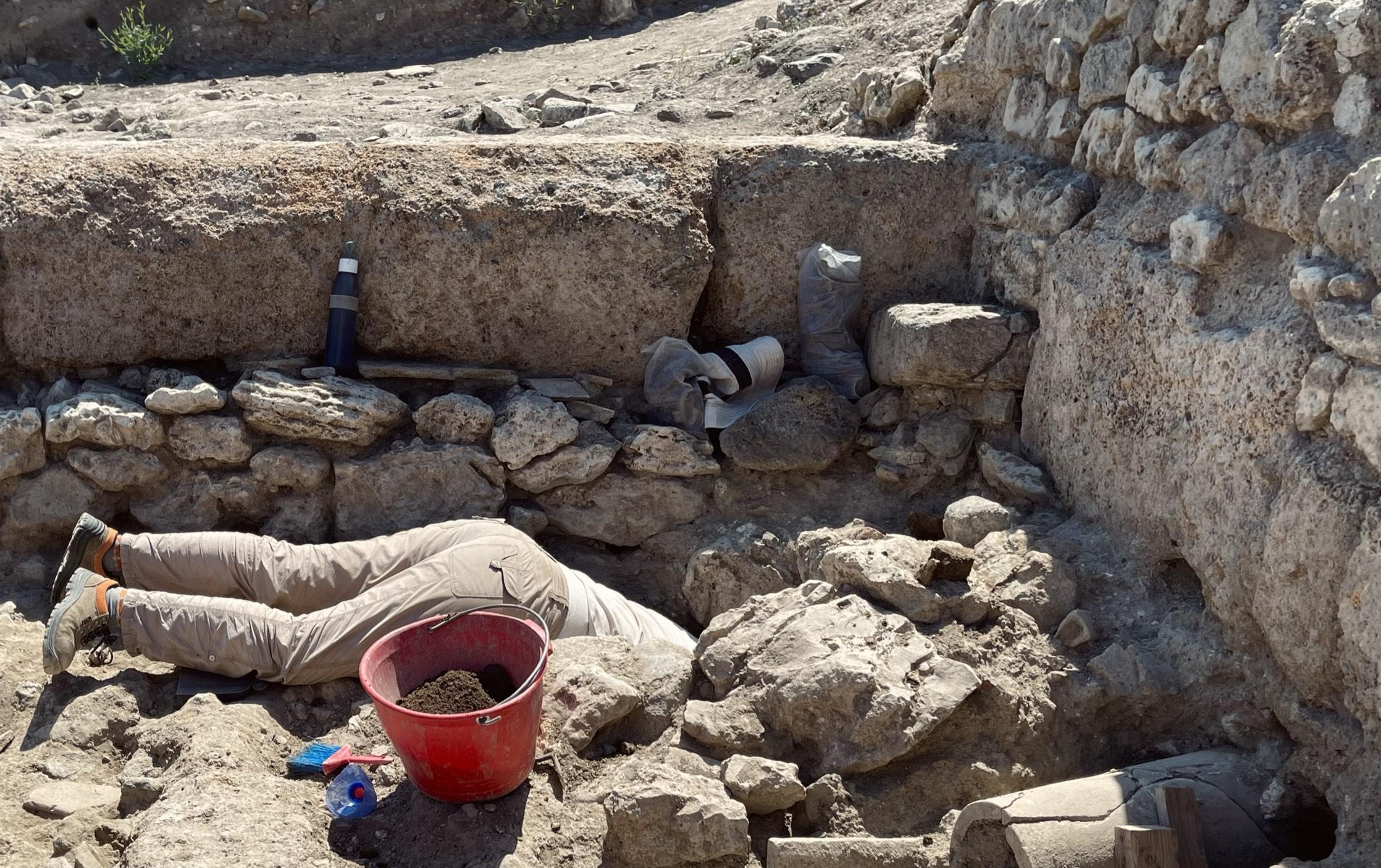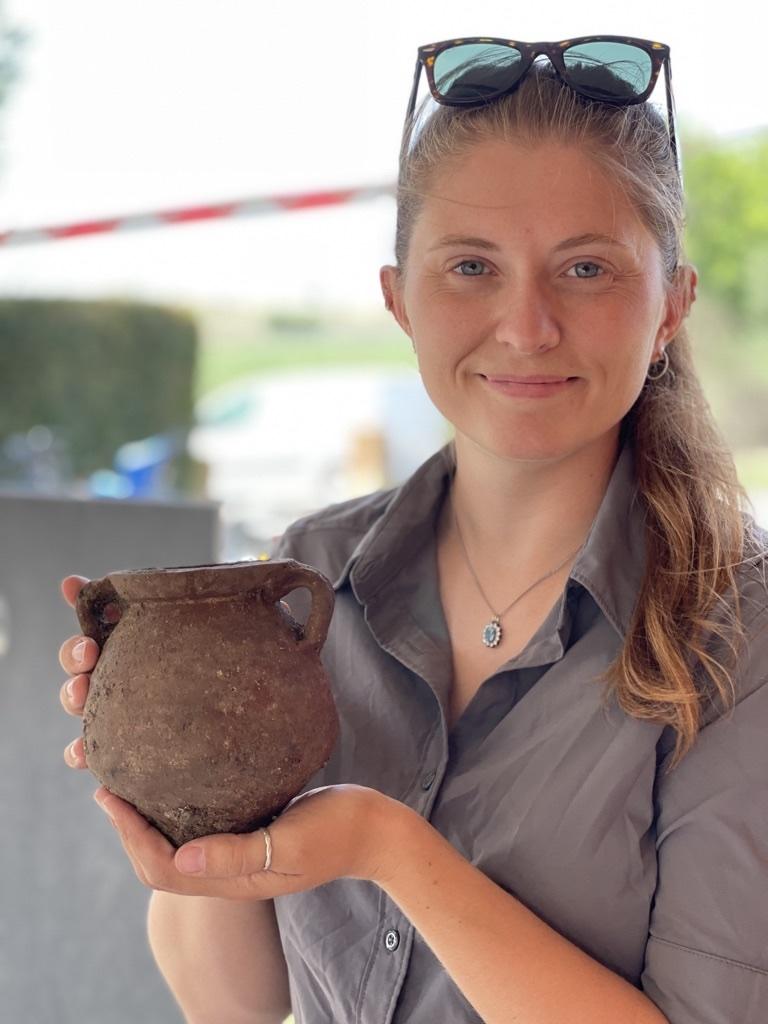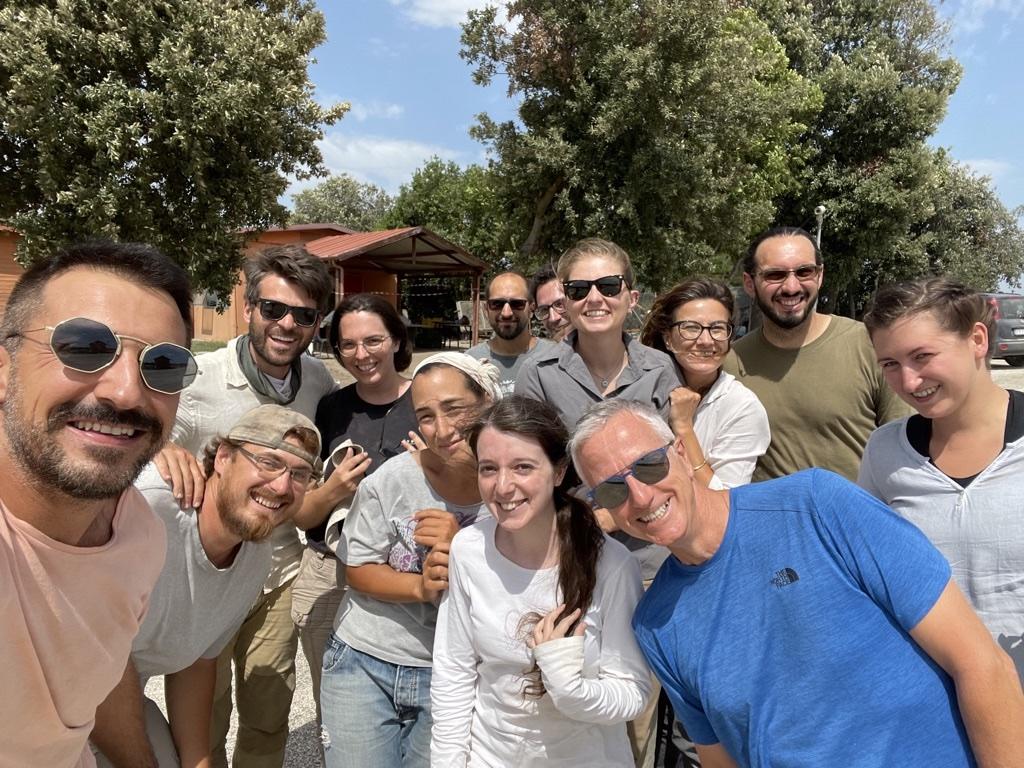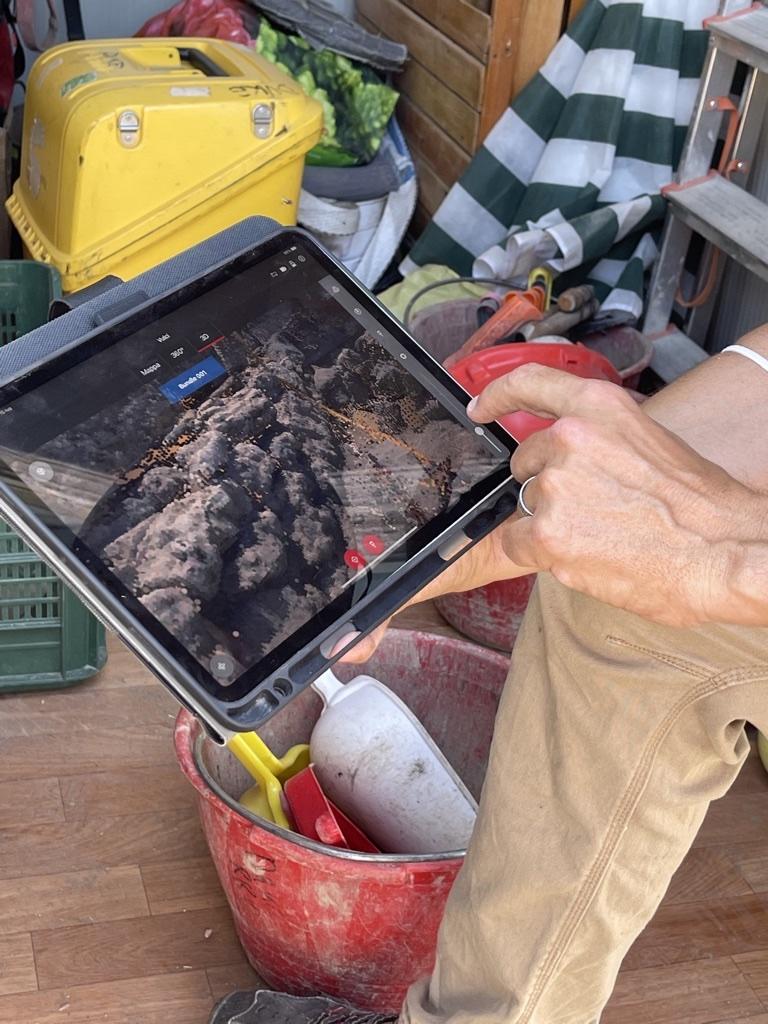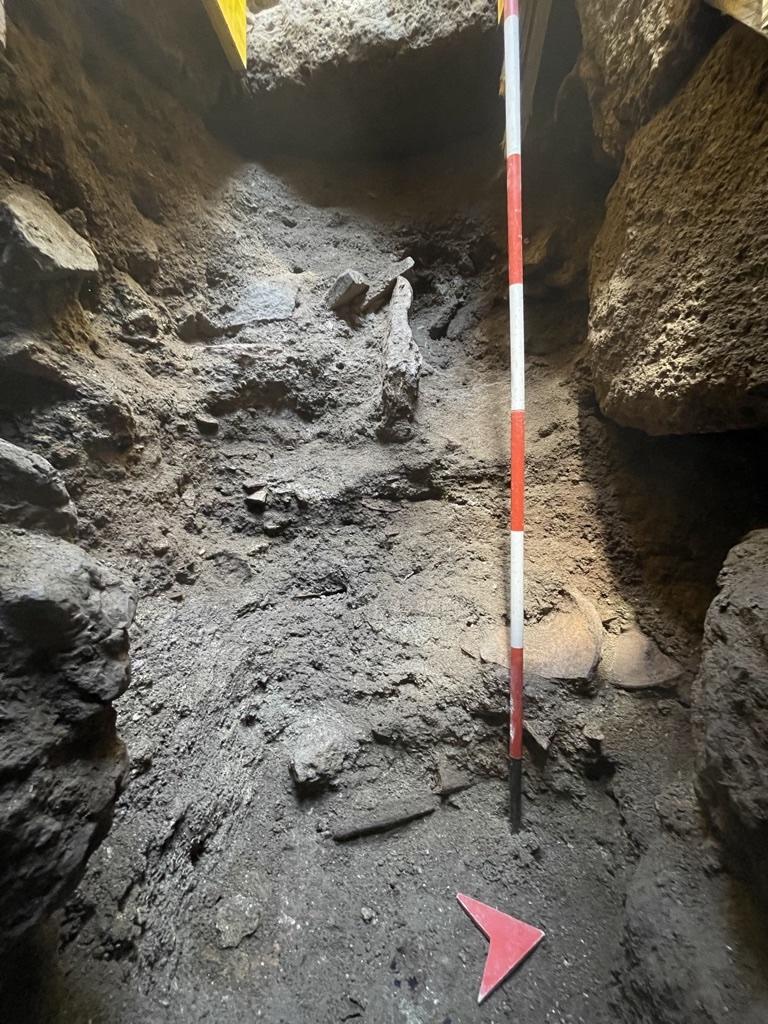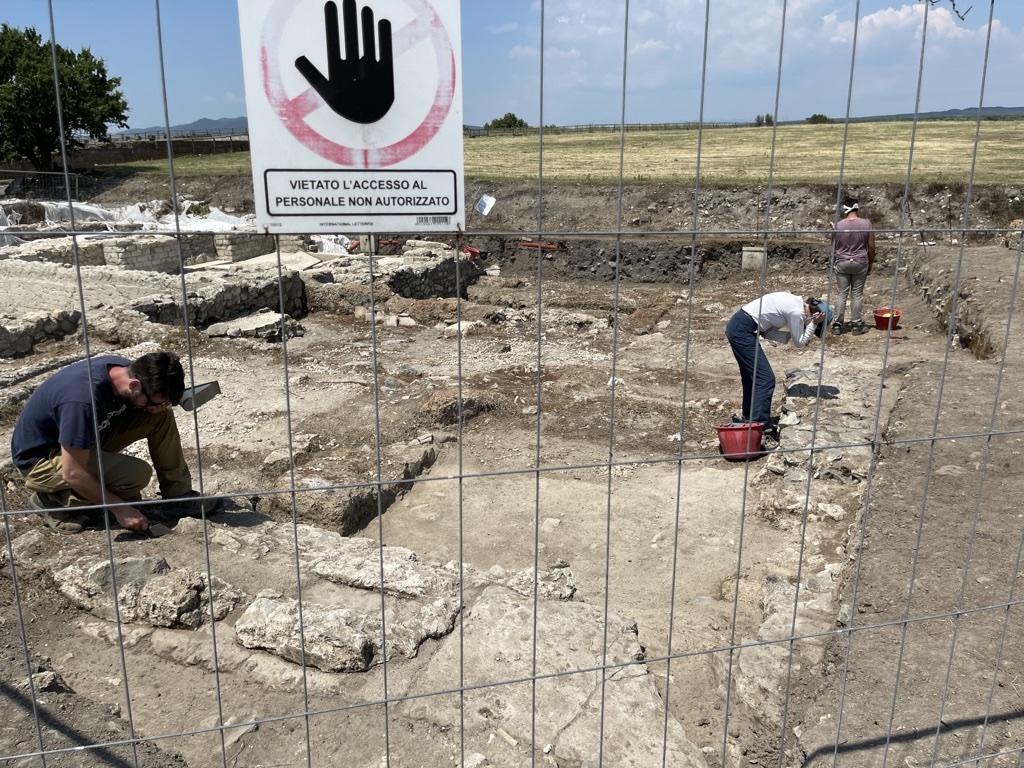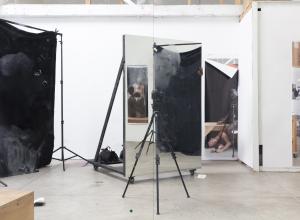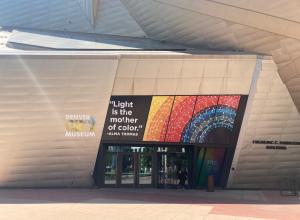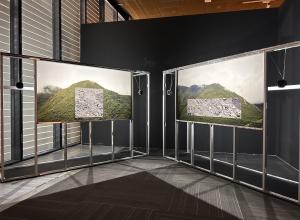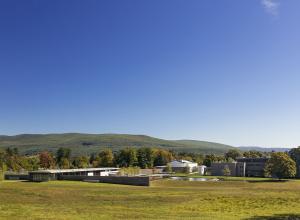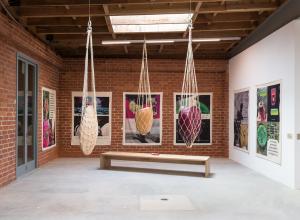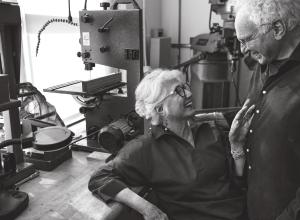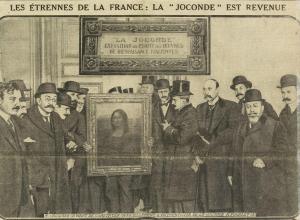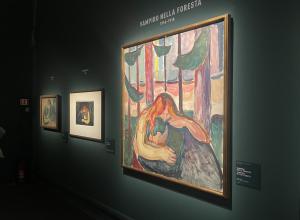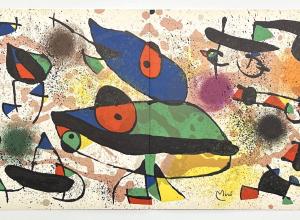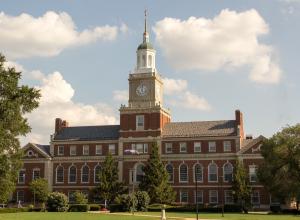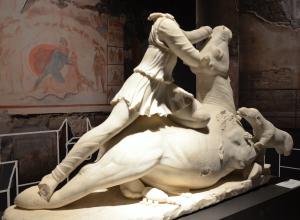If your own archaeological interests lie outside the classical world, I urge you to do some digging (pun intended) on current research in the area you are most interested in. Poking around on university faculty pages is great way to do this and most scholars are happy to answer questions about their work.
Within the American university system, there are very few ‘Departments of Archaeology’ that operate as independent units—these are much more common in European universities. More often, archaeology degree tracks exist within other departments (Classics, Anthropology, History, Near Eastern studies, etc.) or collaborative institutes that draw upon the course offerings and faculty rosters of multiple departments.
Such institutions tend to cater more to graduate students than undergraduates. For undergraduates, it can be difficult to advise how best to approach a career in archaeology simply because the field is so inherently interdisciplinary and so few dedicated undergraduate archaeology programs exist. In general, my advice would be to think about what interests you. What time period? What cultures? What types of materials or topics do you find interesting? Not a single graduate program in archaeology expects any student to enter as an expert and they remain well aware that prospective students will come in with a diverse array of educational backgrounds.
For classical archaeology specifically, however, there are patterns. Many of these students enter graduate school with some undergraduate background in classics or ancient history. The biggest reason for this is the need for ancient language skills.
Classical archaeologists straddle the roles of archaeologist and classicist. On the one hand, we must have solid foundations in both Greek and Roman archaeology (yes, they are different). On the other hand, we must be proficient enough in Ancient Greek and/or Latin to teach them at the undergraduate level—a standard requirement within Classics departments across the country.
Many doctoral students thus find ways to gain their language expertise prior to entry into their programs as PhD requirements do not allow you the time to learn even one of the languages from scratch. If your undergraduate institution has a classics department, taking Latin and Greek as early as possible will save you loads of time and the potential need for either intensive self-study or the costs of a post-bac or Master’s degree. That said, should you have the means to make it work, master's level study can be a fruitful and eye-opening prelude to doctoral work, allowing you to be sure that the field you chose is one you can commit another half a decade or more to.




